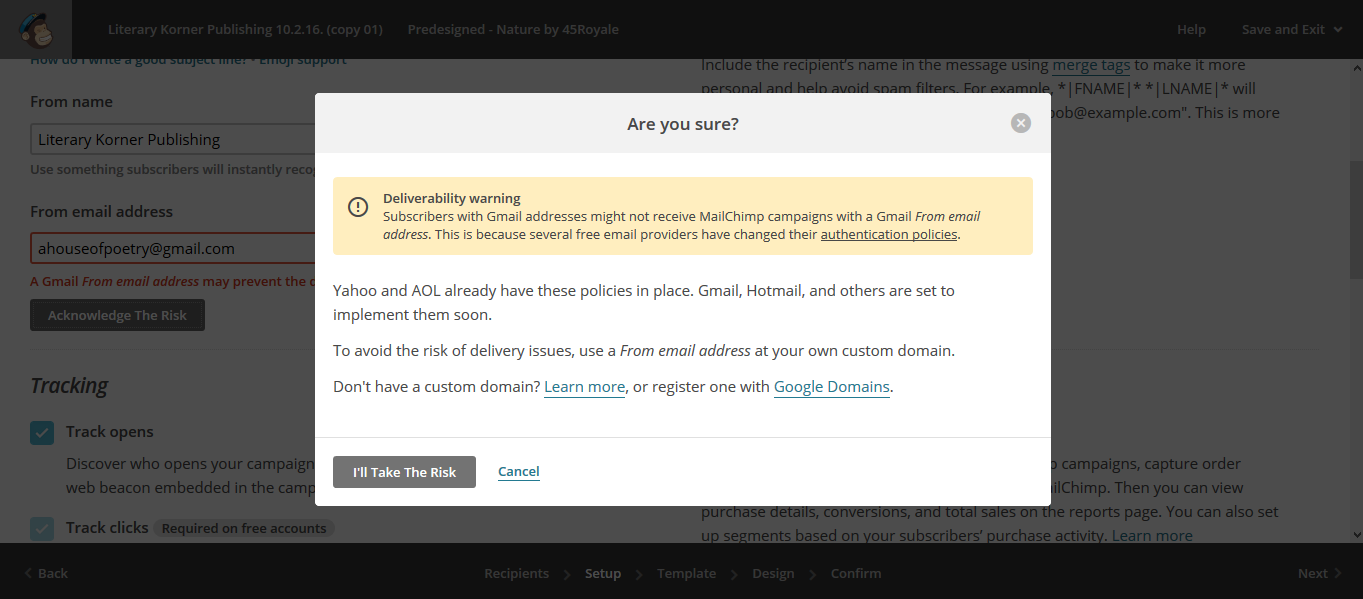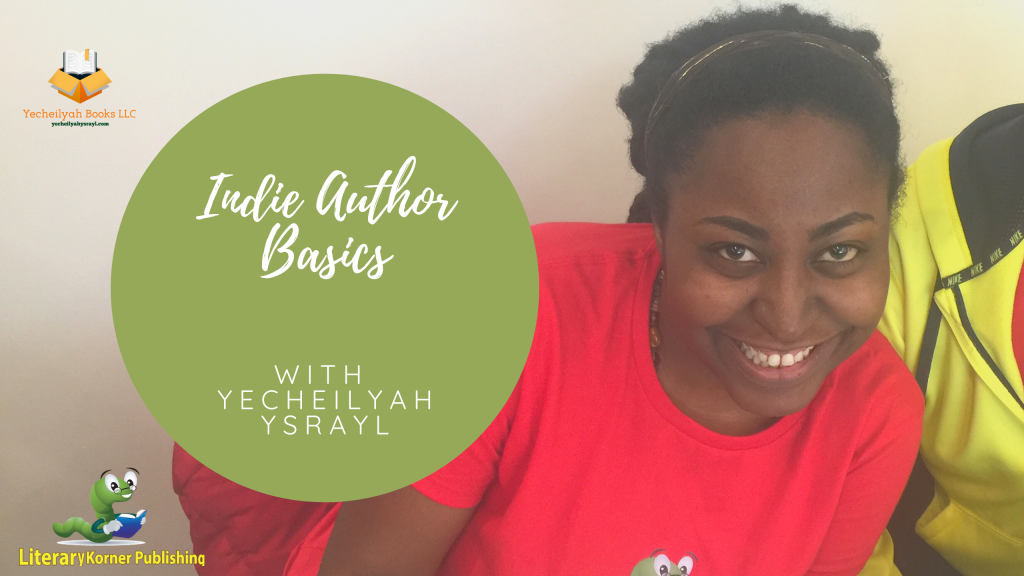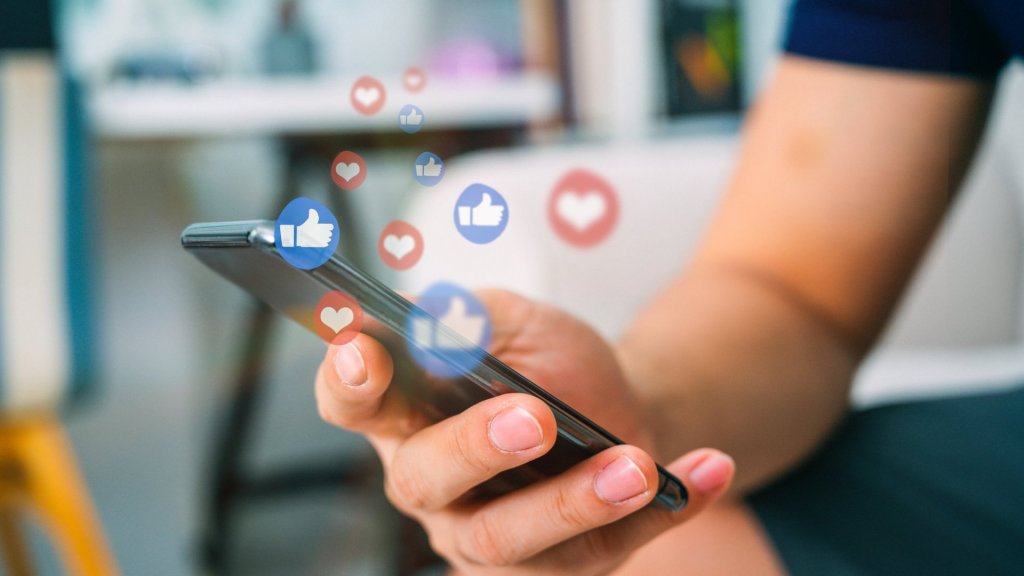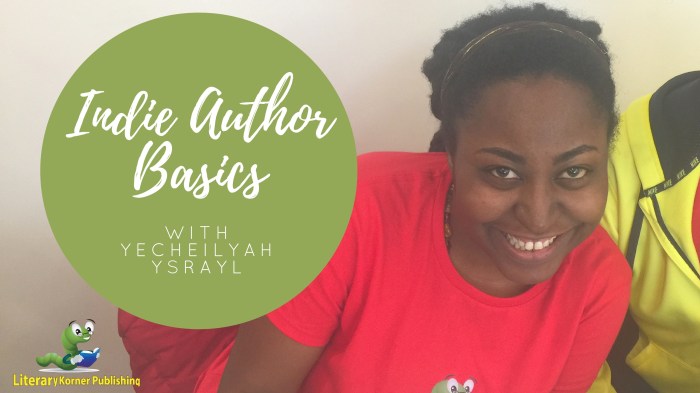
- Direct Communication
Many Indie Authors don’t see the immediate need for an email list until after a book is born. That’s because after a book is published we come to see the pertinent role emails play in driving traffic to our blogs, websites, and increasing revenue. According to The Direct Marketing Association, email marketing on average sees a 4300 percent return on investment (ROI) for businesses in the USA and according to The WordPress Beginner Guide, in our business, email lists get 10 times higher conversions than social media campaigns. One reason is because of direct communication. Also known as Electronic Mail, e-mail has been around forever as a way to directly communicate over the web.
While it’s unrealistic to think all (place number of subscribers here) of your blog followers are going to be reading your content and providing feedback, the hope is that at least half of them are. How do you know? Sure, someone may like your blog post and comment but that’s not a genuine system of measurement. A blog can have lots of followers with only a handful of views or lots of views and only a handful of feedback, and so on down the rabbit hole that is blogging. But then, ahh but then!
But then there’s the email list. Briefly, the email list is not the same as someone subscribing to your blog. When someone follows our blogs via email, they are opting in to receive email notifications of new blog posts. This is not an email list. This is someone following your blog. An email list is literally a list of email addresses and names of people who are highly interested in your content and thus gave you permission to add them to your list. The good thing about the blog is that many of those same blog subscribers can easily turn into email list subscribers. The email is essential for gazillion reasons but mainly, here is a direct line of communication. You can even monitor the open rates of your emails and see which of your subscribers are opening your mail consistently and which of them are not.
- Your email list subscribers are your real supporters. This means that they are the people who will actually invest money into your business
I’m not saying that the people who follow your blog or who support you already won’t support you because they’re not on your email list. I am also not saying that every email list subscriber will purchase your product(s) or open your emails. Not at all. What I am saying is that emails are personal. People get flooded with tons of emails a day and for them to give you permission to send them one is a BIG deal. How is it that some authors have people waiting for their next book? Fingers on the Buy Now button? There are many reasons but one of them that I’ve come to notice personally is the email list. I’ve noticed that many of the people on my email list are the same people who put their money where their heart is.
When people give you their email address, they are giving you permission to contact them and to connect with you on a deeper level. As a result, they are more than likely to actually purchase your next book. Not to say you should build one just for that reason, but email lists really narrow it down far as who is really true about their support and who is just doing lip service.
- An email list is the only communication asset that you actually own online.
I’m sure we’ve heard this a million times but its worth repeating. Of all the faith we put into Facebook, Twitter, SEO, and other things, email is the only true source of electronic communication. If all of these social networking sites come crashing down, email will prevail. True story:
Before I really got into social media, before Facebook and before blogging I would send email shouts out to my email list of family, friends, and people who bought my books before. Many of you already know because you are one of them! Remember those days I’d email you on the release of my poetry books? Ahh, the memories.
Anywho, back to the story.
I didn’t know anything about landing pages, Lead pages, Mailchimp or any of that. Though I’m still learning, I didn’t know a thing. Nada. Zip. Targeting those people already in my email was just common sense. It was the only way I knew to get the word out. I was green to selling books online but sometimes simplicity is wisdom. So, in not having all of the big brain marketing insight, I did the only thing that made sense: I sent promotional shouts out to my email contacts and was unknowingly doing what many email marketing services have you to pay them for.
The only difference is that I was doing it the hard way. It was my first real stab at getting serious about my work. Once people started to email me for orders consistently (back then I was strictly paperback), I decided to create a website for the first time.
- Social Media is the traffic driver to your email list.
One thing I’ve admittedly not done is take as much advantage of my social media pages as I should have. Social Media is not about selling books directly, in my opinion. Obviously, we all want to sell more books online (don’t be phony, you know you wanna sell more books!) but consistently pushing buy my book links gets old eventually. Social Media is about building relationships and making connections. New relationships = visibility and reach. Visibility and reach = readership and readership is the platform.
- Feedback
When people subscribe to your email list they can respond to your emails just by clicking reply and give you valuable feedback. Why is it valuable? Remember, these are your real supporters. They can let you know what works and what doesn’t, helping you to create better and consistent content that targets your audience interest.
- Every Successful Business Has One
Name one successful business, entrepreneur or otherwise, that does not have an email list opt-in or use the old fashion style of emailing in some capacity, in general? I’ll wait. There are two reasons for this that I’ve identified in my experience dealing strictly with emails (again, before I got into social media and blogging):
#1: Email is the best form of marketing. It’s low-cost and allows companies to easily and effectively spread information about their products and services, both to existing customers and potential ones.
#2: Our email subscriber list is the real deal. It lets you know if your business is growing or not and for Independent Authors this is massively important. Of all of the Facebook Friends, Twitter Followers, IG followers, AND blog followers your email is the truth. Why is it the truth even more so than your blog numbers? Because its targeted. Meaning, these are the group of people who are specifically interested in your content. Really interested. They didn’t just follow your blog but they took it a step further and subscribed to your personal email list.
If I had 8,000 Twitter Followers (which I don’t lol hee hee), and 1,000 email subscribers, you know what? My real number is closer to that one thousand! This isn’t to say the 8,000 aren’t genuinely interested but that these one thousand are highly likely to support versus the 8,000 because they are already tuned into the content on a personal level. You can even break it down further when you look at open and click rates. If 1,000 people are subscribed but only 500 open the emails on a consistent basis then those 500 are even more likely to support. But…
It’s less about the open and click rates and more about the conversion rates. That is, how many of those supporters have we converted into buyers, and how can we aim our marketing strategies and focus toward the activities that’s going to not just increase open and click rates, but also generate revenue. Again, this isn’t to say its all about the money (because its not, its actually all about the relationship and connection) but keeping this in mind will remind you why you should never buy an email list. Apparently that’s a thing? I didn’t even know what buying an email list was but apparently instead of building a list on your own you can buy one. I’ve even read that you can rent email lists! That’s just lazy. Click Here to learn more about buying email list and why you shouldn’t because I’m getting a headache just thinking about how stupid that is.
But I digress…
So you see, email also makes it easier to track interest and thus, create relevant content:
“According to research conducted by the Direct Marketing Association, 93% of email users have opt-in relationships with a consumer brand, as opposed to 15% on Facebook and 4% on Twitter (according to Chris Brogan, president of New Marketing Labs).”
The point is that email lists remain one way to make it easy to gauge the reach of your support system. Interestingly enough, with all of the advice (and carefully strategic opinions) out there I’m surprised there isn’t more talk concerning how to build and maintain the email list.
- An email list gives you the opportunity to connect with people who are not active online or who are technologically deficient
“It’s true that email is fighting with other services for online communication, but it is still ubiquitous in a way that other social media networks are not. If you want to reach the majority of your audience, email is still the safest bet.”
– Smashing Magazine
I talk to my husband all the time about the differences in how I saw technology when I was just a student in Chicago versus being an adult running my own business. Back then Facebook didn’t exist, (Myspace didn’t even exist!) and I didn’t know anything about blogs. Granted, I’ve taken computer courses but although I enjoy technology, I was at a time in my life where I wasn’t into the social media thing. It was just a different world for me on so many levels. However, even though that was years ago, I am always surprised to discover how many people are still not into social media.
Aside from updating their Facebook posts, you’ll be surprised to discover that a lot of people are just unaware of how to browse the web in its basic form, and not just browse the web, but are aware of its many uses. This is where your email list can make a huge difference. Back in the day when I didn’t know much about the online scene one thing I did have was email. It was a big thing back then and guess what? It still is!
“It’s worth noting that people tend to be members of multiple social media websites simultaneously, with varying degrees of involvement, but they usually have only one or two active email addresses. The email address remains the unique identifier online; you use it to log into almost everything, so it would take a lot for it to become obsolete.” (Smashing Magazine)
People who don’t spend their lives on Facebook, Twitter, and other social outlets will have an email address for sure. (I’ve also found that people who are not online are more interested in getting hardcopy, paperback books as well as opposed to digital. It’s always wise to have your books in both formats).
Well, I am off to find something else to do but I sure do hope these tips have helped you. So, go on. Start that email list!
But wait, EC I’m not an expert…
Secret #1: Worried about what to include in your email list? Don’t! You don’t have to know EVERYTHING. No one person knows everything but we all know in part. If you’ve ever been good at something or done something that got you positive results, then you’re an expert at that thing and don’t let any so-called professional tell you any different. Expertise just means knowing more than the person you’re targeting and no one should know more about you than you.
Tidbit: You can always just start with updates as your first few emails if you’re not sure what to provide to your list. Or you can release free exclusive chapters of works you haven’t done yet or just talk about something fun like how you got started writing. Just make sure that you’re offering something of value.
Nugget: Just like with your blog posts, compose your emails in a conversational manner and avoid “preaching to the choir”. Just be cool, calm, collective, and professional. People aren’t stupid so we don’t have to speak to them like they are. Your email subscribers are special and should be handled with care. One negative of emails is that they’ve been around so long that they are easy to ignore. People unsubscribe and delete emails everyday so when we can build an email list (no matter how small), our supporters deserve all of the value we can give them. Showcase your real self. OK wait, some of you shouldn’t do that! I mean your real polite self. I like to keep my emails fun. At the same time, there is a level of professionalism that must be maintained as well. Obviously, we don’t want to just lose all common sense ; )
Secret #2: As much as I didn’t want to, I recently upgraded my email. I now use my own personalized business email for my email list instead of my Gmail account. Here’s why you should too if you get the following message:

In case you can’t see the words, it says:
“Subscribers with Gmail addresses might not receive Mailchimp campaigns with a Gmail from email address. This is because several free email providers have changed their authentication policies. “
What It Means
This means that if you’re using a return email address like Gmail or Yahoo and you’re also using an email service that has upgraded their authenticity policy (like Mail Chimp but not just Mail Chimp), Gmail and Yahoo may not allow those emails to go through because a lot of Spam users create bogus emails using Gmail and Yahoo email addresses (I know, boo). This may account for your low open rates as many people are probably not getting the emails.
*****
These secrets are usually reserved for my email list, but I wanted to give you the opportunity to see what you’re missing. I’m considering writing a memoir and you know what? Friday, my subscribers received the first potential chapter! They are the first to see the unedited, raw, and uncut first chapter to what can become the book about my life (if I so decide). In fact, I’m releasing the first five chapters. (On my list? Didn’t see it? Check your email!)
I’ve talked some time ago about doing video tutorials and I’ve officially started production on my first video. I am releasing these tutorials to my email list ONLY so don’t miss out.
Just click on the image below to subscribe. You’ll be taken to my landing page where you can enter your name and email address. Easy Peezy.
Note: Entering your email means that you’re subscribing to my email list for more secrets, nuggets, tidbits, novel excerpts, sneak peeks, resources, spiritual and writing encouragement, the list goes on and on.
ATTN. I HAVE UPDATED THIS PART SINCE SOME OF THE INFORMATION, LIKE THE TUTORIAL SERIES, IS NO LONGER RELEVANT. TO SUBSCRIBE TO MY EMAIL LIST, CLICK HERE.









 For me, indie publishing has consisted of a lot of trial-and-error to determine what things work and what things do not. Unlike other types of sales and marketing, as an author it is not only about selling books, but, to some degree, you are selling yourself. This is something I’m extremely uncomfortable with, but I’ve found some ways to adjust my approach to make it more tolerable.
For me, indie publishing has consisted of a lot of trial-and-error to determine what things work and what things do not. Unlike other types of sales and marketing, as an author it is not only about selling books, but, to some degree, you are selling yourself. This is something I’m extremely uncomfortable with, but I’ve found some ways to adjust my approach to make it more tolerable.






